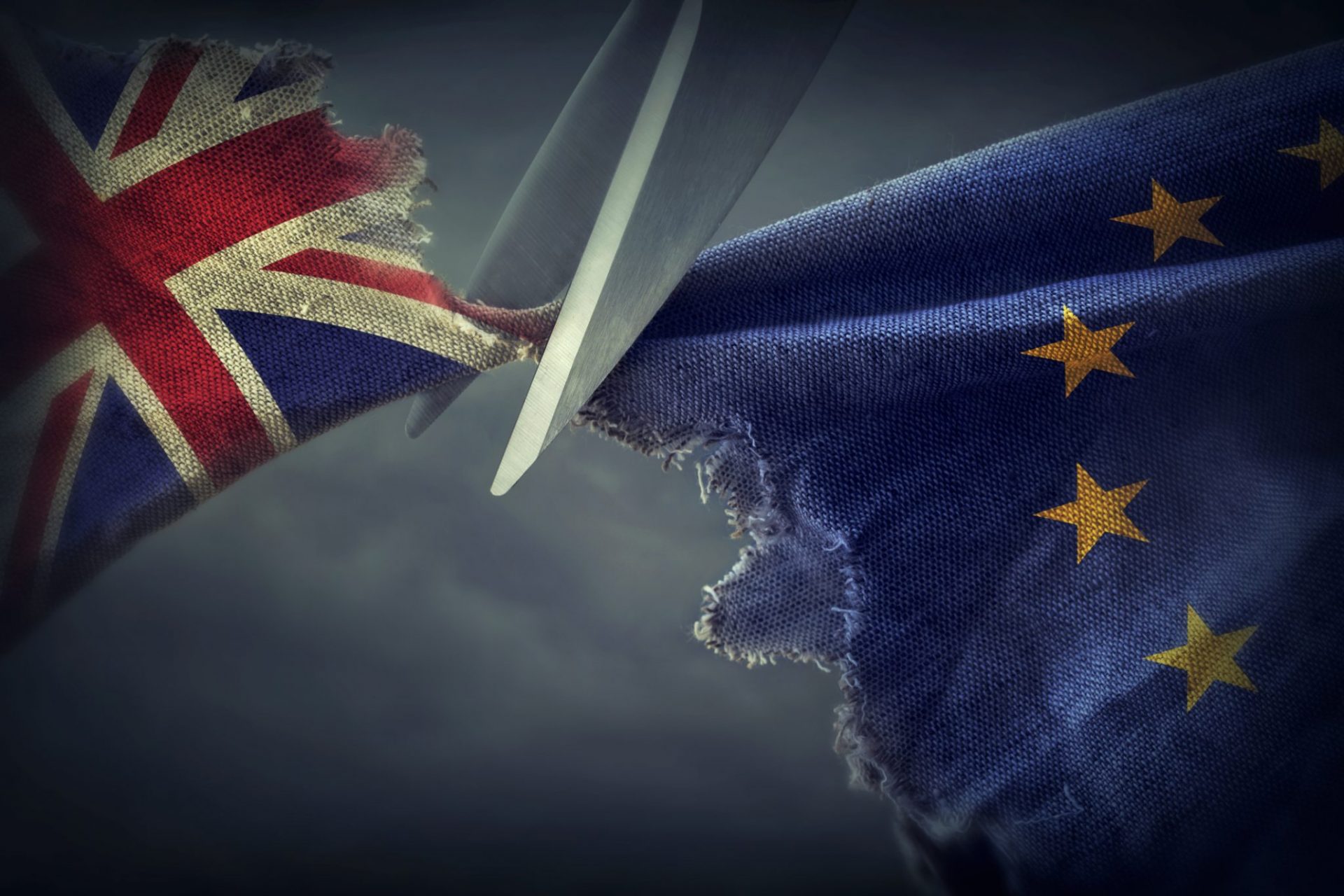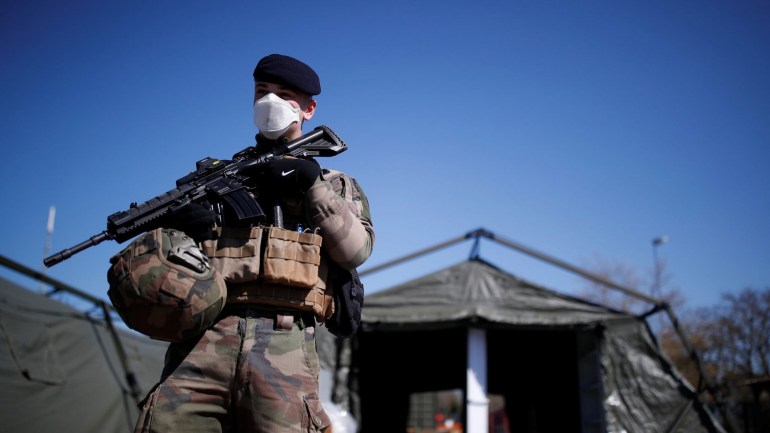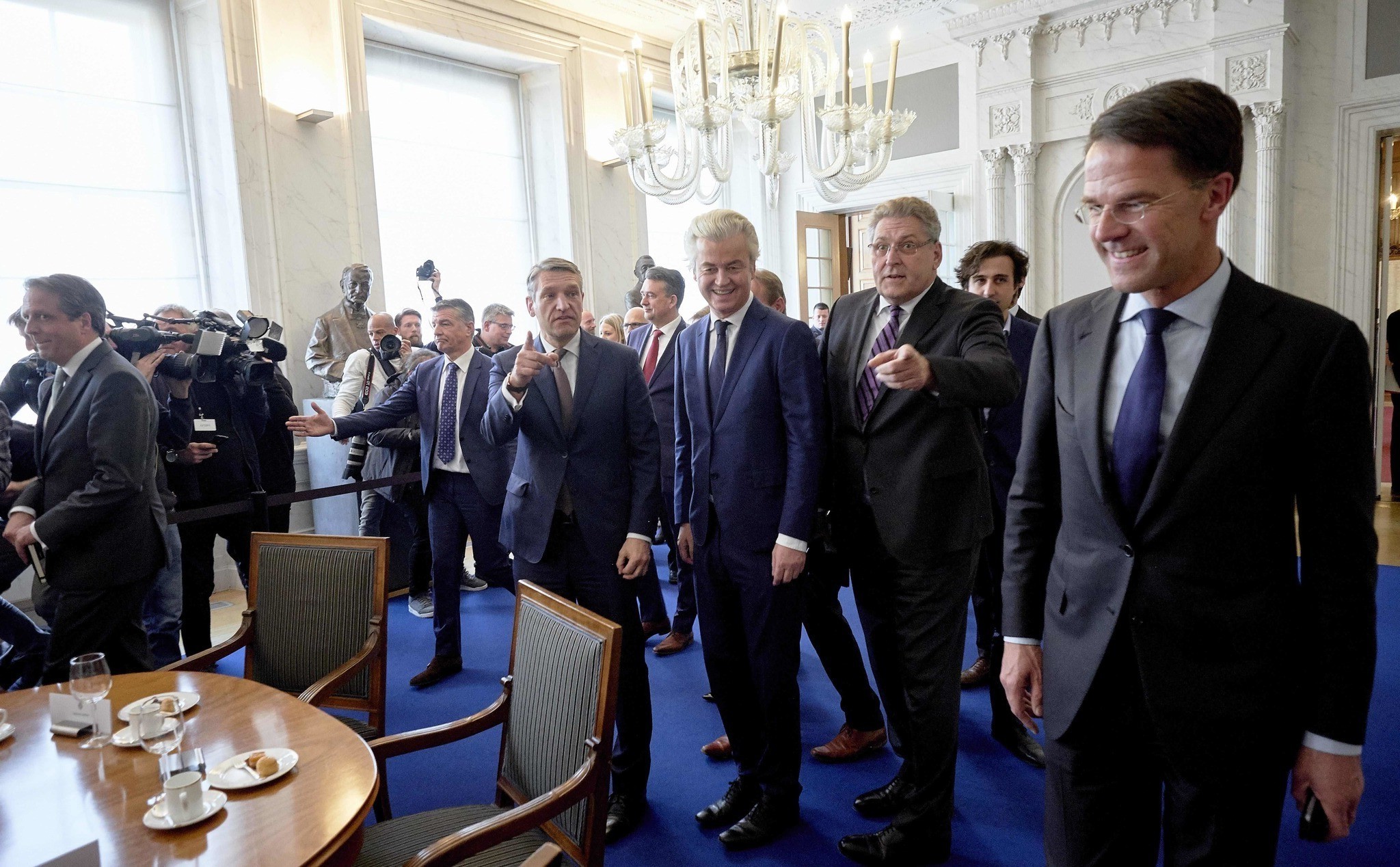
[authorbox authorid=”99″ title=”The Author”]
Guy Verhofstadt, the European Parliament’s chief Brexit negotiator, recently wrote an article condemning those “mini-Trumps” who are driven, not by genuine desire for reform, but “power and personal enrichment at the public’s expense.” You might assume he was talking about Nigel Farage, Boris Johnson and David Davis.
In fact, Verhofstadt was referencing the right-wing demagogues blossoming in Central and Eastern Europe, who are creating a major new problem for Brussels before the UK has even left the building.
Indeed, beneath the veneer of unity the EU has strived to maintain on Brexit, Britain’s departure has exposed a major fault line. The EU’s future direction, far from being resolved by the departure of its most troublesome member, has become less certain than ever. While Germany and France push for ‘an ever-closer union’, a tolerant Europe that welcomes refugees and commits to democratic values, the EU’s eastern members are using Brexit as inspiration to push back.
Growing split
Long before Brexit, the EU’s political landscape had begun to mirror its physical one. By the time Britain voted to leave in June 2016, Hungarian nationalist Viktor Orbán had completed six years in power, while Bulgaria’s bodyguard-turned-demagogue Boyko Borisov was into his seventh. In Poland, the hard-right Law and Justice party had thrashed Donald Tusk’s liberals in the country’s most convincing election result since the fall of communism.
Yet, since the vote, Eastern Europe’s rightward drift has become a lurch. In the Czech Republic, veteran right-winger Milos Zeman has beaten the liberal Jiří Drahoš to the presidency. Hungarian voters have reelected Orbán by a landslide, while Polish President Andrzej Duda remains hugely popular. Populist parties (which, in Eastern Europe, invariably come from the right) are polling an average of 30%, more than three times their vote share 20 years ago; in Bulgaria a group of three far-right parties have even joined Borisov’s ruling coalition.
—
This trend is due partly to the ongoing fallout from the migrant influx of 2015. Each of the right-wing eastern governments has campaigned hard on the issue, particularly Orbán, whose notorious border fences provided a defining image of the crisis. Yet they have also won voters by embracing the bullish euroscepticism of the Brexiteers, criticising the EU’s structure and questioning what it offers their people. Duda and Zeman have both threatened their own referendums, while Orbán is pushing a ‘Stop Brussels’ campaign to curb the EU’s powers.
To back up this bullish rhetoric, Eastern Europe’s populists are now mounting direct challenges to Brussels’ influence. Both Poland and Hungary are facing EU sanctions for undermining the rule of law, amid widespread accusations of judicial meddling. The contagion is spreading to Bulgaria, where, according to critics, the government is drifting further into autocracy under Borisov’s rule. It’s no surprise that foreign companies have already voted with their feet, leaving the country in droves in recent years.
Eleven years on from its accession to the EU, Sofia is ranked as the bloc’s most corrupt country and the worst at upholding the rule of law – pretty damning given the situation in Poland and Hungary. Borisov himself was caught with his hand in the cookie jar, with journalists uncovering evidence of his participation in schemes meant to rig the privatization of state assets and stack the deck in favour of certain Bulgarian oligarchs.
The Cooperation and Verification Mechanism, an instrument set up by the European Commission to bring Bulgaria and Romania’s judiciary up to speed when it joined the bloc, still remains in operation, a decade on. With the rise of far-right politicians, the situation is likely to deteriorate even further; Borisov may feel that picking fights with Brussels is easier than passing the reforms his country needs.
At the same time, core EU states have doubled down, taking uncompromising stances on Union values.Macron and Jean-Claude Juncker have both suggested that, after Brexit, the EU needs more integration, not less, to prevent anyone else from breaking away. They’ve even floated the idea of a two-speed Europe – traditionally regarded as a problem to be avoided at all costs.
As a result, this ‘damn the torpedoes’ approach is pushing the EU into two opposing camps. On the one hand, a group of wealthy Western states have already mapped out their vision for ever-closer, ever-faster integration. On the other, the Visegrad 4 – Poland, Hungary, the Czech Republic and Slovakia – is strengthening alliances with Romania and the Balkan states.
Previously, Britain would have provided a link: UK representatives were known for moving deftly between the EU’s various alliances and regularly sided with the East, notably on the issue of ever-closer union. But with their wealthy ally gone, the EU’s poorer members are likely to seek safety in one another, joining forces in challenging Brussels’ authority.
But recent EC plans to cut the next Cohesion budget, prompted partly by the UK’s departure, might just do the trick. Poland and Hungary will lose around 25% of their current EU funding, while the Commission also plans to withdraw funding from states that do not uphold the rule of law – a measure which has already drawn predictable opprobrium from Warsaw, Sofia and Budapest.
Despite the uproar, hitting eurosceptics and aspiring autocrats in their wallets might be just what CEE countries need to come in from the cold. Once the cash spigot dries up, and voters feel the pinch, certain governments might have a harder time sticking to their populist stances.




